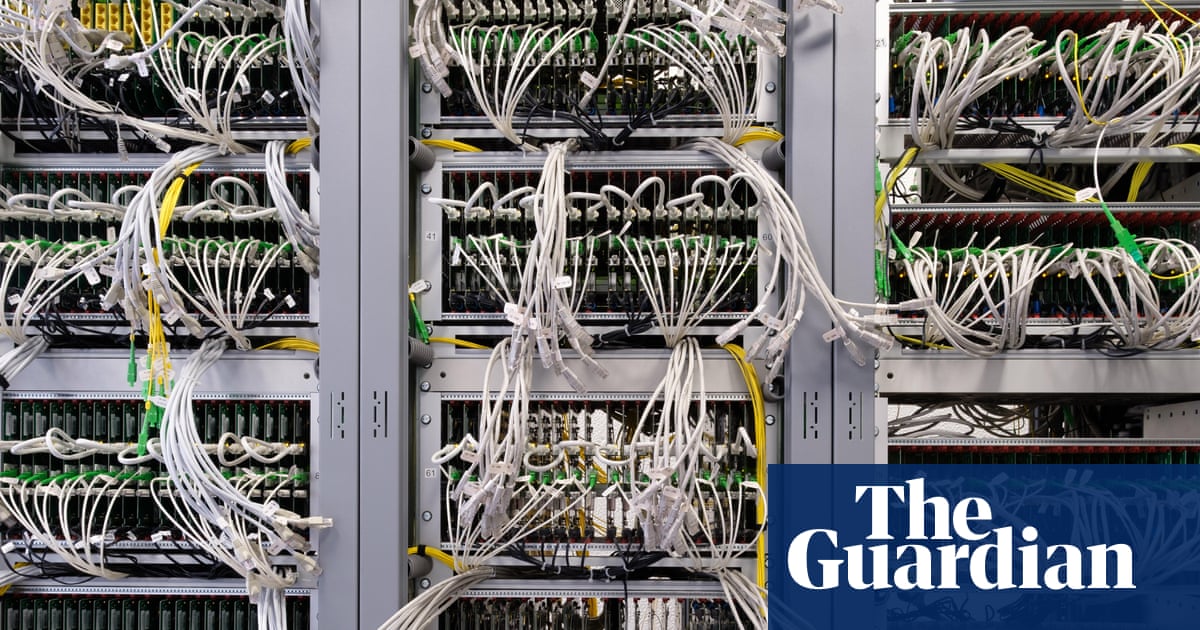
"But the real doomsday event, the kind that the world's few internet experts still worry about in private Slack groups, is slightly different a sudden, snowballing error in the creaky, decades-old protocols that underlie the whole internet. Think of the plumbing that directs the flow of connection, or the address books that allow one machine to locate another. We'll call it the big one and if it were to happen then at the very least, you would need your chequebook."
"The big one could start when a summertime tornado cruises through the town of Council Bluffs, Iowa, laying waste to a low-slung cluster of datacentres that are an integral part of Google's offering. This area, called us-central1, is a Google datacentre cluster, critical to its Cloud Platform as well as YouTube and Gmail a 2019 outage here downed these services across the US and Europe. Dinners burn as YouTube cooking videos sputter to a halt."
The morning after the internet goes offline would force many people to revert to chequebooks, landlines, and driving while navigating without 5G. The internet functions as an indispensable but fragile system built from ageing software, physical datacentres, and undersea cables. Failures can stem from acute bad luck, targeted attacks, extreme weather, buggy AI-written code, or deliberate sabotage. The most catastrophic risk is a cascading error in decades-old core protocols that manage routing and addressing. Localised datacentre outages, such as damage to Google's us-central1 cluster, can disrupt cloud platforms, YouTube, and Gmail, producing widespread social and practical disruptions.
Read at www.theguardian.com
Unable to calculate read time
Collection
[
|
...
]